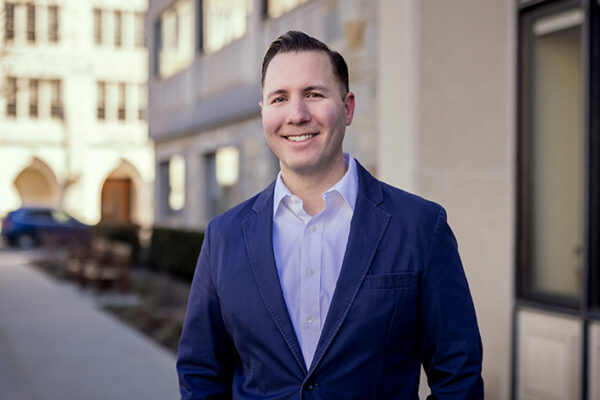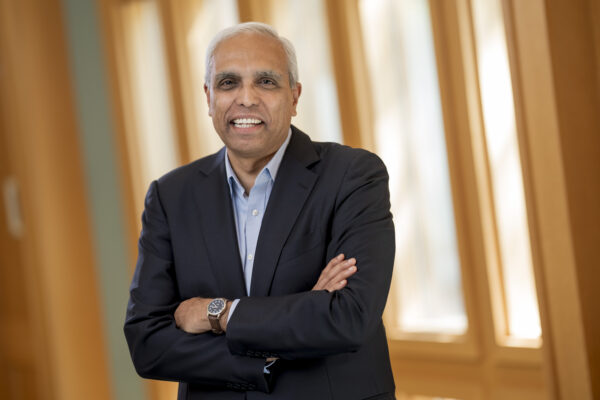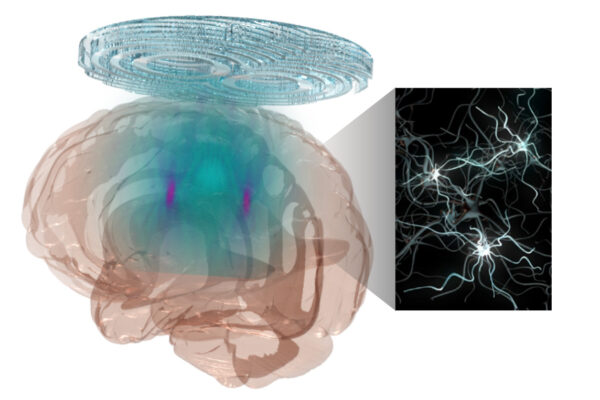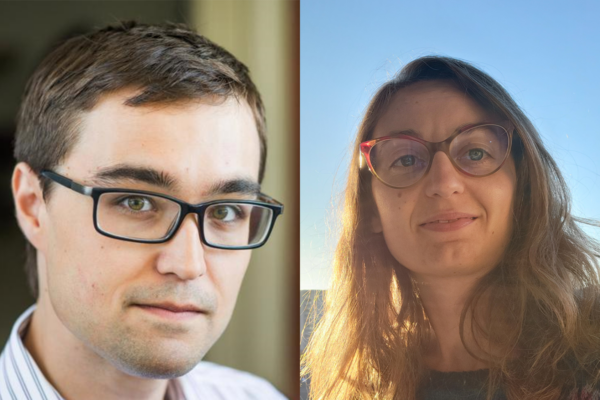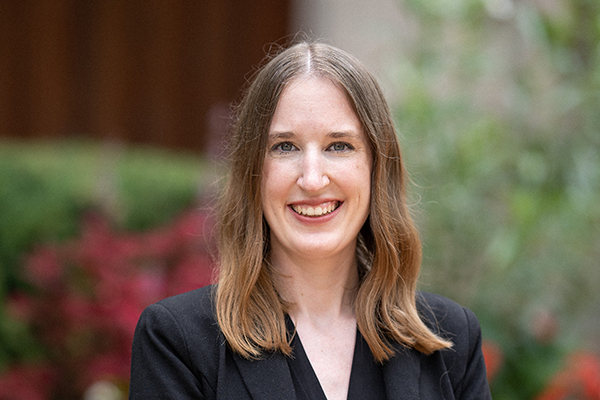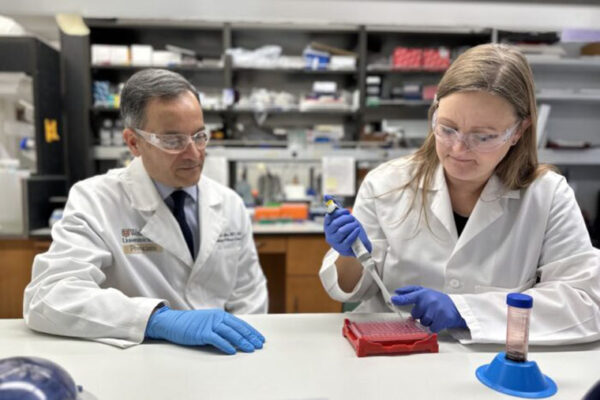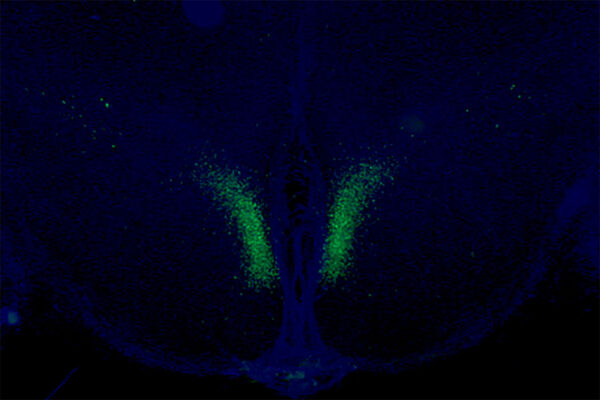Self-employment tied to lower health in China
Older Chinese people who transition from wage earners to self-employment report lower self-rated health than those remaining in waged jobs, finds a study from the Brown School at Washington University in St. Louis.
Halvorsen elected to officer role with Gerontological Society of America
Cal J. Halvorsen, an associate professor at the Brown School, has been elected vice chair of the Gerontological Society of America’s Social Research, Policy and Practice section.
‘Molecular putty’ properties found encoded in protein sequence for biomolecular condensates
Scientists at the McKelvey School of Engineering at Washington University in St. Louis sort the rules governing putty-like biomolecular condensates.
New technology allows researchers to precisely, flexibly modulate brain
Researchers at Washington University have developed a noninvasive technology combining a holographic acoustic device with genetic engineering that allows them to precisely target affected neurons in the brain.
Age: an overlooked factor in higher education DEI initiatives
As universities around the world strive to cultivate diverse and equitable communities, a recent study from the Brown School at Washington University in St. Louis highlights the necessity of recognizing age as a fundamental dimension of diversity.
Happiness may protect against dementia
A sense of well-being can have a profound impact on health, especially for the aging brain. Higher levels of well-being have been robustly associated with a lower risk for future dementia, according to WashU psychology researchers who contributed to this year’s World Happiness Report.
Two WashU faculty awarded Sloan Research Fellowships
Two early-career Washington University faculty members have been awarded a prestigious Sloan Research Fellowship: psychologist Zachariah Reagh, in Arts & Sciences, and neuroscientist Gaia Tavoni, at the School of Medicine.
Willroth receives SAGE award
Emily Willroth, an assistant professor of psychological and brain sciences in Arts & Sciences at Washington University, has received the SAGE Early Career Trajectory Award from the Society for Social and Personality Psychology.
Apte receives Catalyst Award for innovative approaches to research
Rajendra Apte, MD, PhD, the Paul A. Cibis Distinguished Professor in the John F. Hardesty, MD, Department of Ophthalmology & Visual Sciences at the School of Medicine, has received a $300,000 Research to Prevent Blindness/American Macular Degeneration Foundation Catalyst Award.
Life span increases in mice when specific brain cells are activated
A new study from the School of Medicine identifies a key feedback loop between the brain and the fat tissue that governs aging in mice. The research suggests that the loop’s gradual deterioration contributes to health problems typical of aging.
Older Stories

